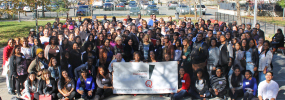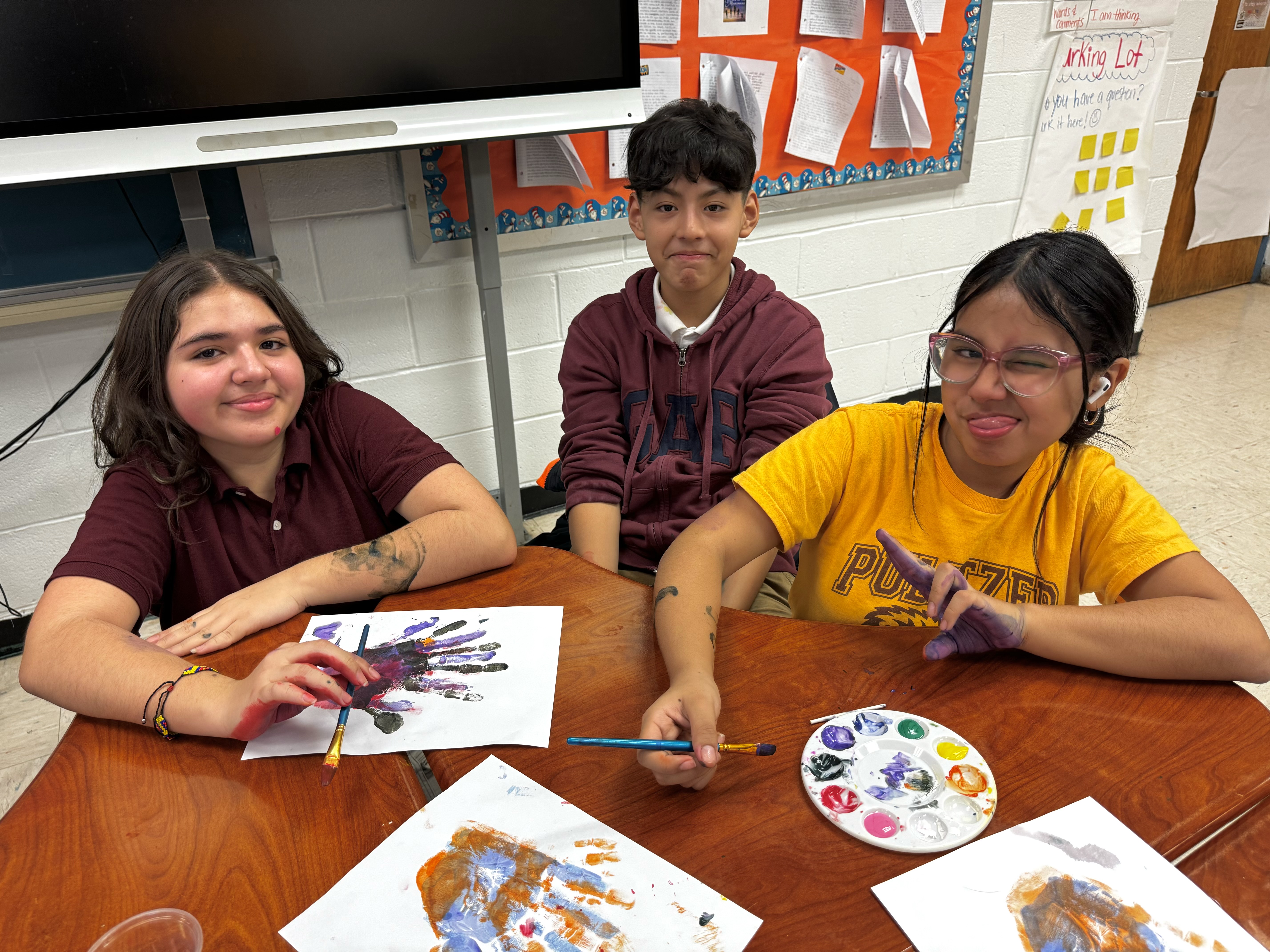
Support Queens Community House
Queens Community House provides individuals and families with the tools to enrich their lives and build healthy, inclusive communities.

Queens Ledger: Queens Community House is Shaping a Brighter Future for Queens | August 2024: Since its founding in 1975, Queens Community House (QCH) has grown from a single-site organization into a sprawling network that provides vital support across Queens. Originally established as Forest Hills Community House to mend divisions within a conflicted neighborhood, QCH has expanded its reach to offer comprehensive services at 40 locations across 15 neighborhoods, impacting thousands of residents each year.
At the heart of QCH’s mission is a commitment to addressing the interconnected needs of the community. The organization’s holistic approach ensures that residents from all walks of life have access to resources that support housing stability, health, employment, education, and financial well-being. This approach is evident in the range of programs offered, from youth services to support for older adults.
QCH’s Summer Rising program is an example of its commitment to youth development. This annual initiative, which wrapped up last week, operates across multiple sites in Queens, providing a safe and engaging environment for children and teens during the summer months. Over the course of the 7.1-week program, participants benefit from academic enrichment activities designed to prevent summer learning loss and keep students on track for the upcoming school year.
The program includes a strong focus on literacy, aiming to maintain educational momentum and prevent the typical dip in academic performance that can occur when school is not in session. In addition to academic support, the Summer Rising program offers recreational activities that promote social skills, creativity, and physical fitness, ensuring a well-rounded summer experience for young people.
Another key component of QCH’s youth services is the Summer Youth Employment Program (SYEP). Targeted at individuals aged 14 to 24, SYEP provides paid summer jobs that help participants gain valuable work experience and develop essential job skills. The program places youth in a variety of roles across different sectors, including government agencies, nonprofits, hospitals, retail businesses, and more. This exposure to diverse career paths not only enhances job readiness but also supports financial literacy and personal development.
QCH’s commitment to older adults is evident in its six dedicated older adult centers spread throughout Queens. These centers, which operate year-round, offer a wide range of activities and services designed to support seniors and enhance their quality of life.
The Jamaica Older Adult Center, which recently celebrated its first anniversary, and the Queens Center for Gay Seniors in Jackson Heights are among the highlights. The latter provides tailored support for LGBTQ+ seniors, fostering a welcoming and inclusive environment. Other centers, such as the Kew Gardens Community Center and the Forest Hills Older Adult Center, offer a variety of social, recreational, and educational activities, including exercise classes, arts and crafts, and intergenerational programs that connect seniors with younger community members.
One of the standout features of these centers is their focus on accessibility and inclusivity. The Forest Hills Older Adult Center, for example, recently underwent a major renovation to improve accessibility with new elevators, clear walkways, and ADA-compliant features. This renovation underscores QCH’s commitment to ensuring that all community members can fully participate in the center’s activities and services.
In addition to its programs for youth and older adults, QCH offers extensive support services for families and adults. These services are crucial for maintaining stability and addressing the diverse challenges faced by Queens residents.
Click here for the full article.